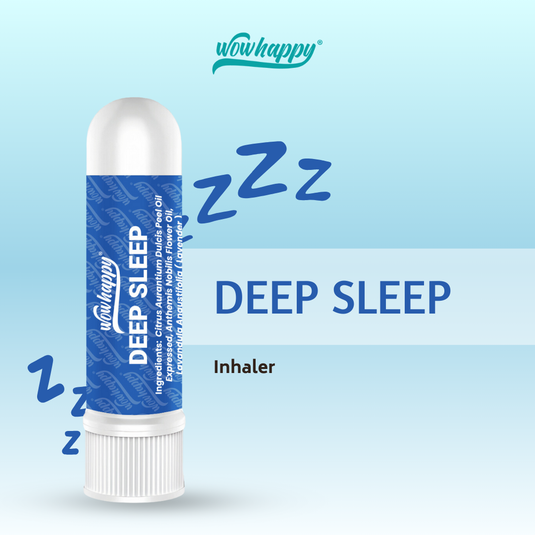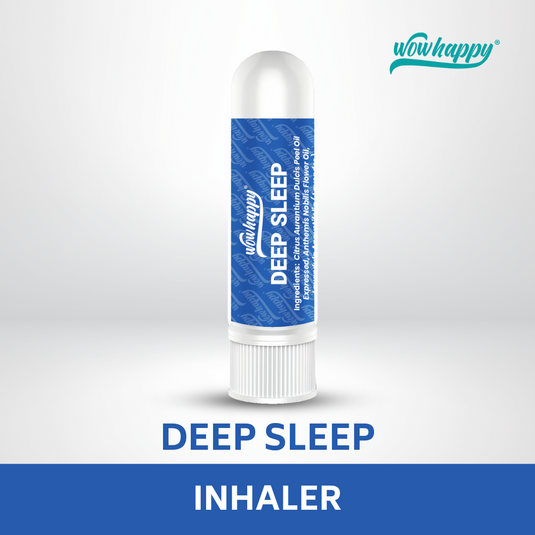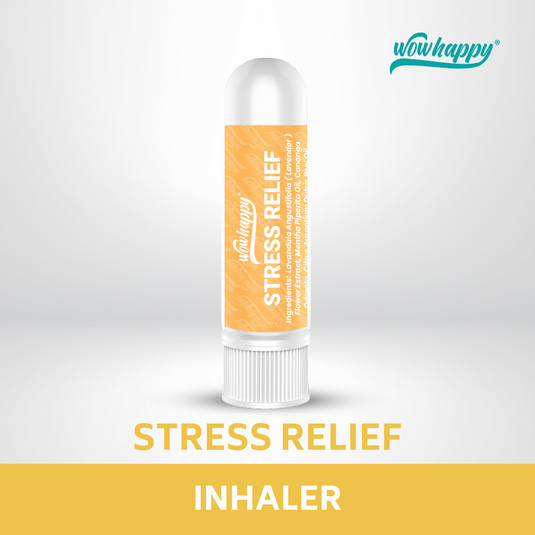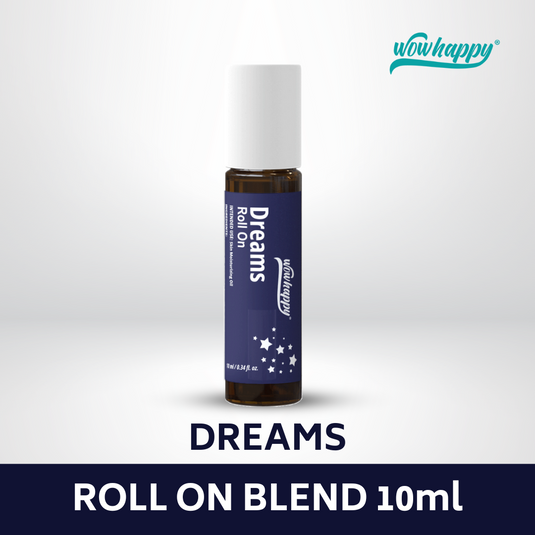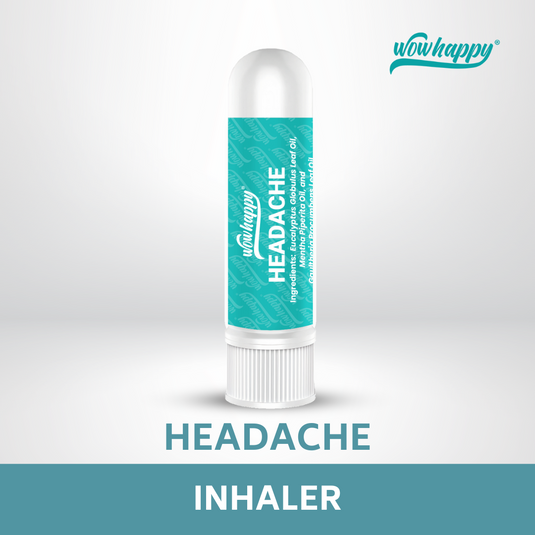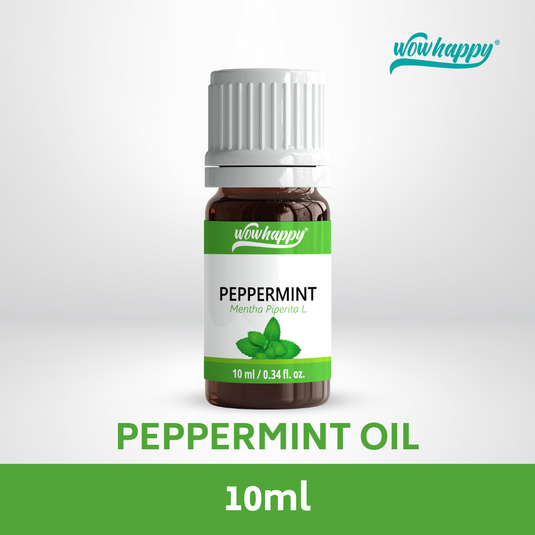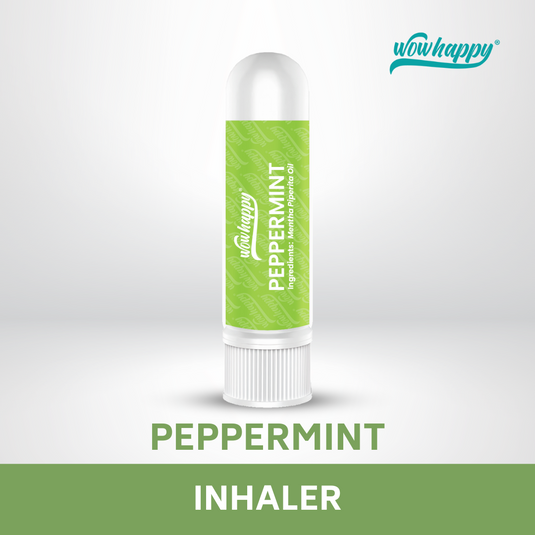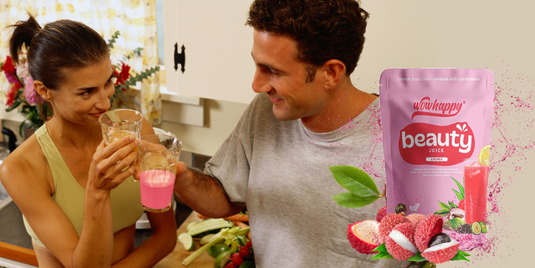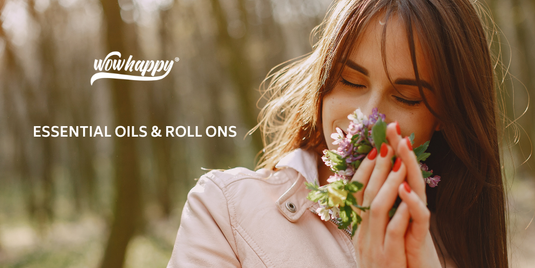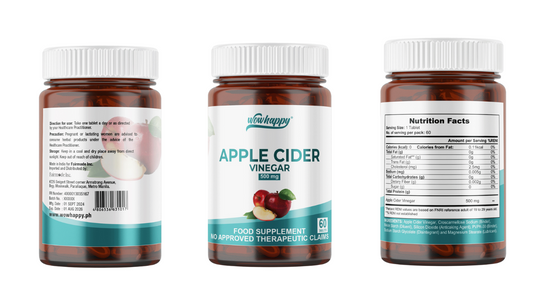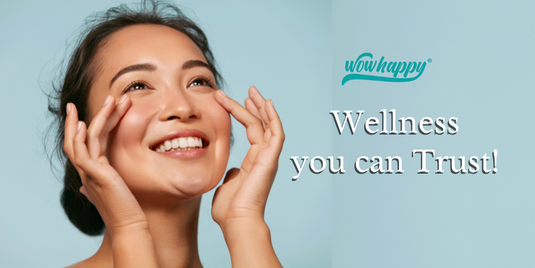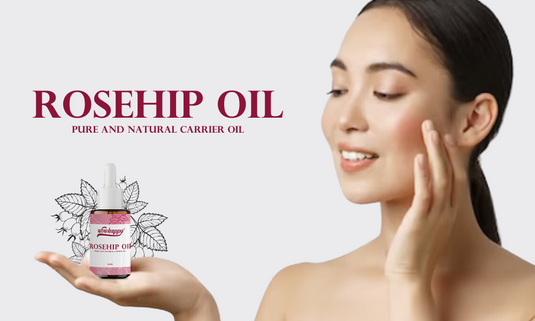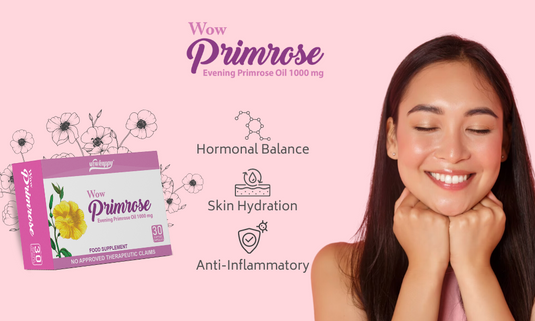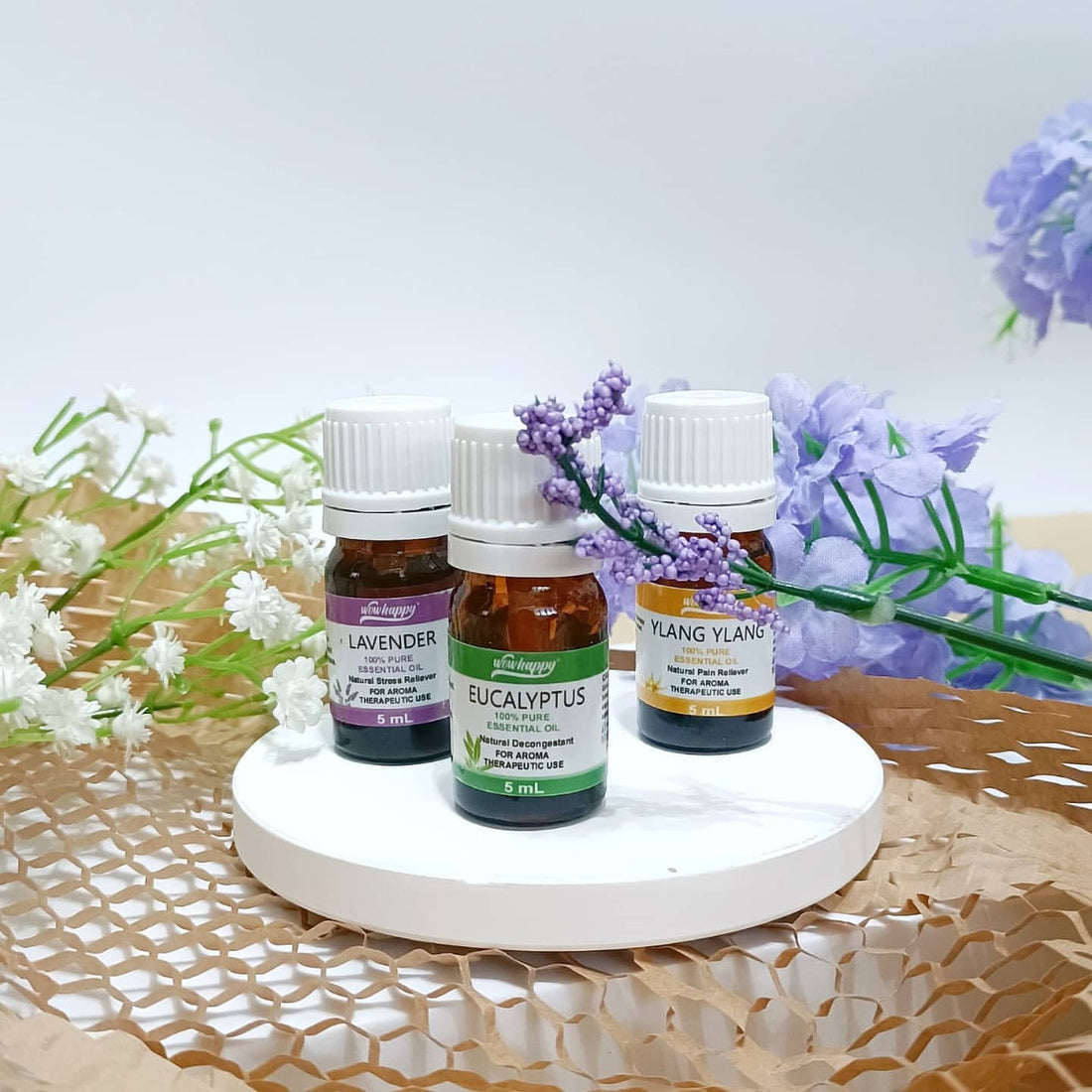
The Power of Essential Oils
Introduction
Essential oils are one of the most versatile natural remedies around. They can be used in so many ways, from cleaning your home to treating minor cuts and bruises. However, there are some essential oils that have been found to be dangerous if used incorrectly or excessively--and those are some that we don't recommend using at all! Here's what you need to know about them before using them on yourself or your family:
The inhaling of the aromas of essential oils can be relaxing, uplifting, and stimulating.
You can use essential oils to relax, uplift, and stimulate your mind. In aromatherapy, they're used to relieve stress, anxiety and depression; as a natural remedy for minor cuts and bruises; and more!
When diffusing an oil blend into the air around you (or directly onto yourself), you may feel an instant sense of calmness or relaxation—or even tingling sensations in various parts of your body once it's absorbed by your skin. This is because many essential oils have a stimulating effect on the central nervous system (CNS) which causes them to release endorphins into our bloodstreams: feel-good chemicals that make us happy!
They can be used in aromatherapy to help relieve stress, anxiety and depression.
Aromatherapy is a form of alternative medicine that uses the aromatic compounds in essential oils, or other aromatic compounds, to improve psychological or physical well-being. Inhalation is most common for aromatherapy; but it can also be applied topically—either as an oil massage oil or by adding a drop to bath water. Or you could simply inhale them! The point is that there are many ways to use these natural remedies for your health and happiness (and sometimes even relaxation).
The benefits of using essential oils include:
Essential oils can be used as a natural remedy for minor cuts and bruises.
Essential oils are also a natural remedy for minor cuts and bruises, thanks to their anti-inflammatory properties. Simply apply a few drops of the essential oil to the affected area, and then cover it with bandage. Leave on for 30 minutes before rinsing off with cool water. Repeat this process daily until you notice that your bruise has disappeared.
Essential oils can help relieve muscle pain by warming up muscles and reducing inflammation.
Essential oils can help relieve muscle pain by warming up muscles and reducing inflammation.
-
Topical application: Apply a few drops of an oil to the affected area, then cover with a bandage or cloth. The heat from the essential oil will warm up your skin, which may cause some discomfort as you become accustomed to this new sensation. It should be noted that some people find topical application painful, so if you're prone to getting irritated by lotions or creams (or even just hot water), try applying it topically instead!
-
Inhalation: There are many ways in which you can inhale essential oils—from diffusers at home (which use steam) to aromatherapy machines at spas—but if all else fails there's always tea! Tea bags soaked with peppermint or chamomile tea provide excellent relief for sore muscles due to their ability increase blood flow throughout your body while simultaneously relaxing muscles involved in movement.*
Some essential oils have antibacterial properties which helps prevent infections due to their antiseptic qualities.
Some essential oils have antibacterial properties which helps prevent infections due to their antiseptic qualities. The oil is diluted with water or used topically on the skin, where it can be absorbed into the bloodstream through pores in your skin or mucous membranes (such as those of your nose).
Antibiotics are often used to treat infections caused by bacteria such as Staphylococcus and Streptococcus. These medications can kill certain types of bacteria but they may not work against all strains of these organisms, so you may need other treatments if your condition doesn’t respond well to antibiotics alone
Some have analgesic qualities which make them good for headache pain relief; however, they should be avoided during pregnancy.
Essential oils can be used to treat headaches, but should not be used during pregnancy. The reason for this is that some essential oils have analgesic qualities which make them good for headache pain relief; however, they should be avoided during pregnancy.
Essential oils may also cause birth defects if inhaled by the mother-to-be or ingested during breastfeeding.
They may help prevent wrinkles by protecting the skin against UV rays that cause skin damage over time; however, they shouldn't be used on children under 12 years old because there is no research indicating that it's safe for them.
Essential oils are natural plant extracts, which means they're not going to be as effective as some of the synthetic chemicals you may have used before. However, they may help prevent wrinkles by protecting the skin against UV rays that cause skin damage over time; however, they shouldn't be used on children under 12 years old because there is no research indicating that it's safe for them.
Essential oils can also give an added boost of energy and focus when you need it most—and this makes them ideal for stress relief! The best part? You don't need much at all: just a few drops in water or citrus juice is enough! If you prefer something more substantial than a drink (or maybe even both), try adding a few drops into your hot shower instead.
The easiest way to use essential oils safely is simply diluting them in base oils like jojoba oil or sweet almond oil before applying topically via massage blends such as peppermint foot cream or rosehip face serum
Not every essential oil will work for you but there are plenty out there that do!
While there are many different essential oils out there, not every one will work for you. Some people have allergic reactions to certain essential oils and it's important to be aware of your own body chemistry when it comes to these products.
Some essential oils have a very strong smell that may not be suitable for everyone—even if they're natural! For example, patchouli oil has been known to give some people headaches or cause them to feel dizzy after applying it directly on their skin; however, other people find it pleasant and soothing when diffused through an aromatherapy diffuser or used in cooking recipes like this one:
Conclusion
I hope that this article has helped you to know more about essential oils and how they can help you feel better. The great thing about these healing properties is that there are so many different varieties to choose from; so if one doesn’t work then there are others just waiting for their chance at helping you feel better!
